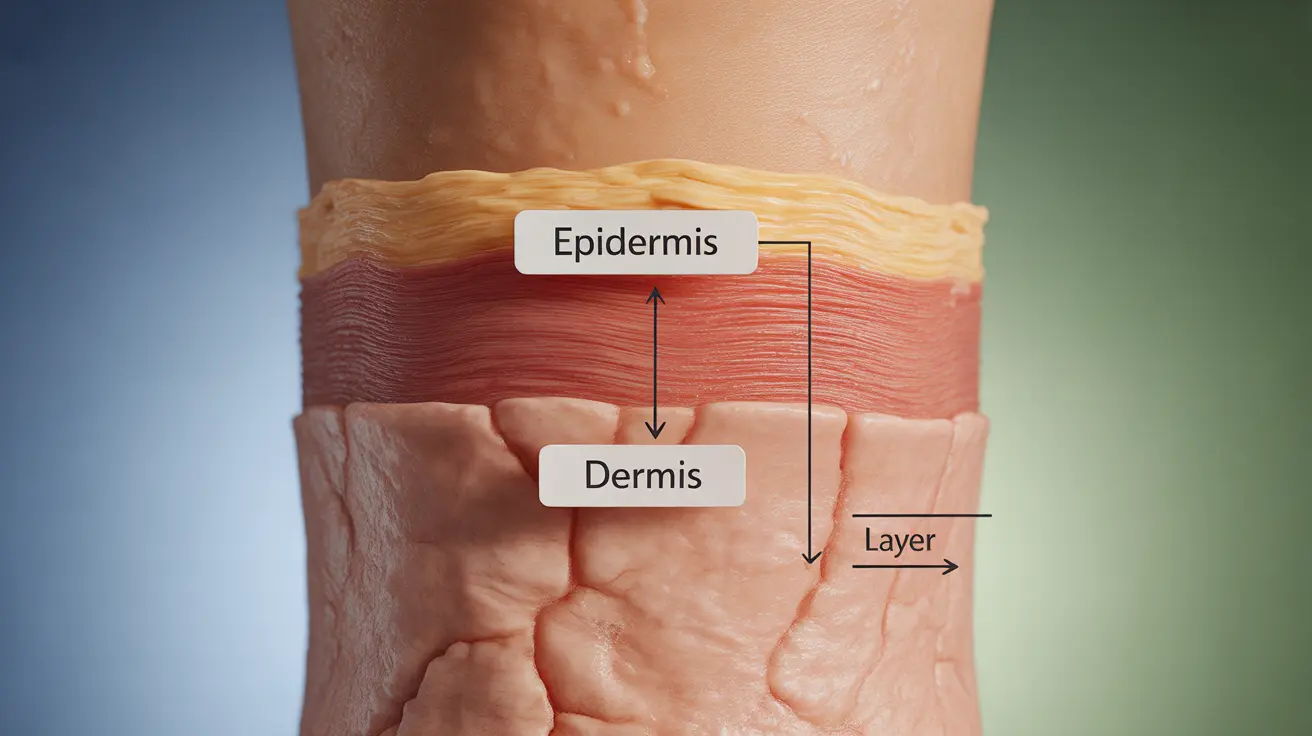Dealing with extremely dry skin can be uncomfortable, frustrating, and sometimes even painful. Whether caused by weather changes, medical conditions, or environmental factors, severe dry skin requires targeted treatment and consistent care to restore moisture and protect your skin barrier.
Understanding how to treat extremely dry skin effectively is crucial for both immediate relief and long-term skin health. This comprehensive guide will explore proven treatments, prevention strategies, and expert advice for managing severely dry skin.
Understanding Extremely Dry Skin
Extremely dry skin, also known as xerosis, occurs when your skin loses too much moisture and natural oils. This condition can lead to scaling, flaking, cracking, and intense itching. Common causes include harsh weather, low humidity, hot showers, certain medications, and underlying health conditions.
Effective Home Treatments for Severe Dry Skin
Proper Cleansing Techniques
The foundation of treating extremely dry skin starts with gentle cleansing. Use lukewarm water and mild, fragrance-free cleansers that don't strip your skin's natural oils. Avoid harsh soaps and limit washing to once or twice daily to prevent further drying.
Moisturizing Strategies
Apply moisturizer immediately after bathing while your skin is still slightly damp. Look for products containing:
- Humectants (glycerin, hyaluronic acid)
- Emollients (shea butter, ceramides)
- Occlusives (petroleum jelly, mineral oil)
Natural Oil Treatments
Several natural oils can provide significant relief for extremely dry skin:
- Coconut oil: Contains fatty acids that help repair the skin barrier
- Jojoba oil: Closely mimics skin's natural oils
- Argan oil: Rich in vitamin E and essential fatty acids
- Sweet almond oil: Gentle and deeply moisturizing
Prevention and Protection
Preventing dry skin from worsening requires a multi-faceted approach:
- Use a humidifier in dry environments
- Wear protective clothing in harsh weather
- Avoid hot water when bathing
- Choose gentle, fragrance-free laundry detergents
- Drink plenty of water throughout the day
When to Seek Medical Help
While many cases of extremely dry skin can be managed at home, certain symptoms warrant professional attention:
- Deep cracks that may become infected
- Severe itching that disrupts sleep
- Redness or inflammation that spreads
- Skin changes accompanied by other health symptoms
- No improvement after two weeks of home treatment
Lifestyle Modifications for Better Skin Health
Making certain lifestyle changes can significantly improve extremely dry skin:
- Limit shower time to 5-10 minutes
- Pat skin dry instead of rubbing
- Apply moisturizer multiple times daily
- Avoid scratching dry areas
- Wear breathable, natural fabrics
Frequently Asked Questions
What are the most effective treatments for extremely dry skin at home?
The most effective home treatments include using gentle, fragrance-free cleansers, applying thick moisturizers immediately after bathing, using natural oils like coconut or jojoba oil, and running a humidifier. Consistent moisturizing throughout the day is key to success.
How can I prevent severe dry skin from getting worse?
Prevent dry skin from worsening by avoiding hot showers, using mild soaps, moisturizing regularly, protecting your skin from harsh weather, and maintaining proper hydration. Using a humidifier and avoiding irritating products can also help.
Which moisturizers and natural oils work best for treating very dry, cracked skin?
The best moisturizers contain a combination of humectants, emollients, and occlusives. Natural oils like coconut, jojoba, and argan oil are particularly effective. Look for products containing ceramides, hyaluronic acid, and shea butter for optimal results.
When should I see a doctor for persistent or severe dry skin?
Consult a healthcare provider if you experience deep cracks, severe itching, spreading redness or inflammation, signs of infection, or if symptoms don't improve after two weeks of home treatment.
What lifestyle changes can help improve extremely dry skin and reduce itching?
Key lifestyle changes include taking shorter, cooler showers, using gentle skincare products, applying moisturizer to damp skin, avoiding harsh environmental conditions, wearing protective clothing, and maintaining good hydration through adequate water intake.




